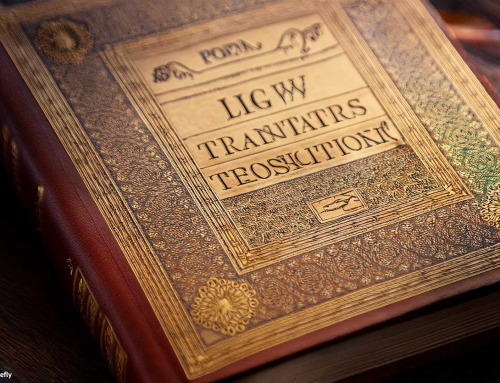What is an Apostille?
In many cases, German public documents are only recognized abroad if their authenticity has been established in a formal international procedure. The authenticity of the document is actually confirmed by the competent consulate of the country concerned in the form of legalization. However, this is a rather complicated procedure.
For this reason, 108 countries agreed in 1961 to use the apostille to certify foreign documents – the so-called “Hague Apostille.” This is a square stamp that is recognized by all member states. It is usually completed in the official language of the issuing authority. However, it must also include the French text “Convention de La Haye du 5 octobre 1961.”
The countries determined which documents are considered public documents, the authenticity of which must therefore be confirmed by an apostille. These include, for example, civil status documents such as marriage and birth certificates, as well as court and notarial documents and certificates issued by administrative authorities.
In Germany, documents issued by registry offices are only certified or legalized by the competent authorities, including consular missions, if they are submitted no more than six months after the date of issue.




